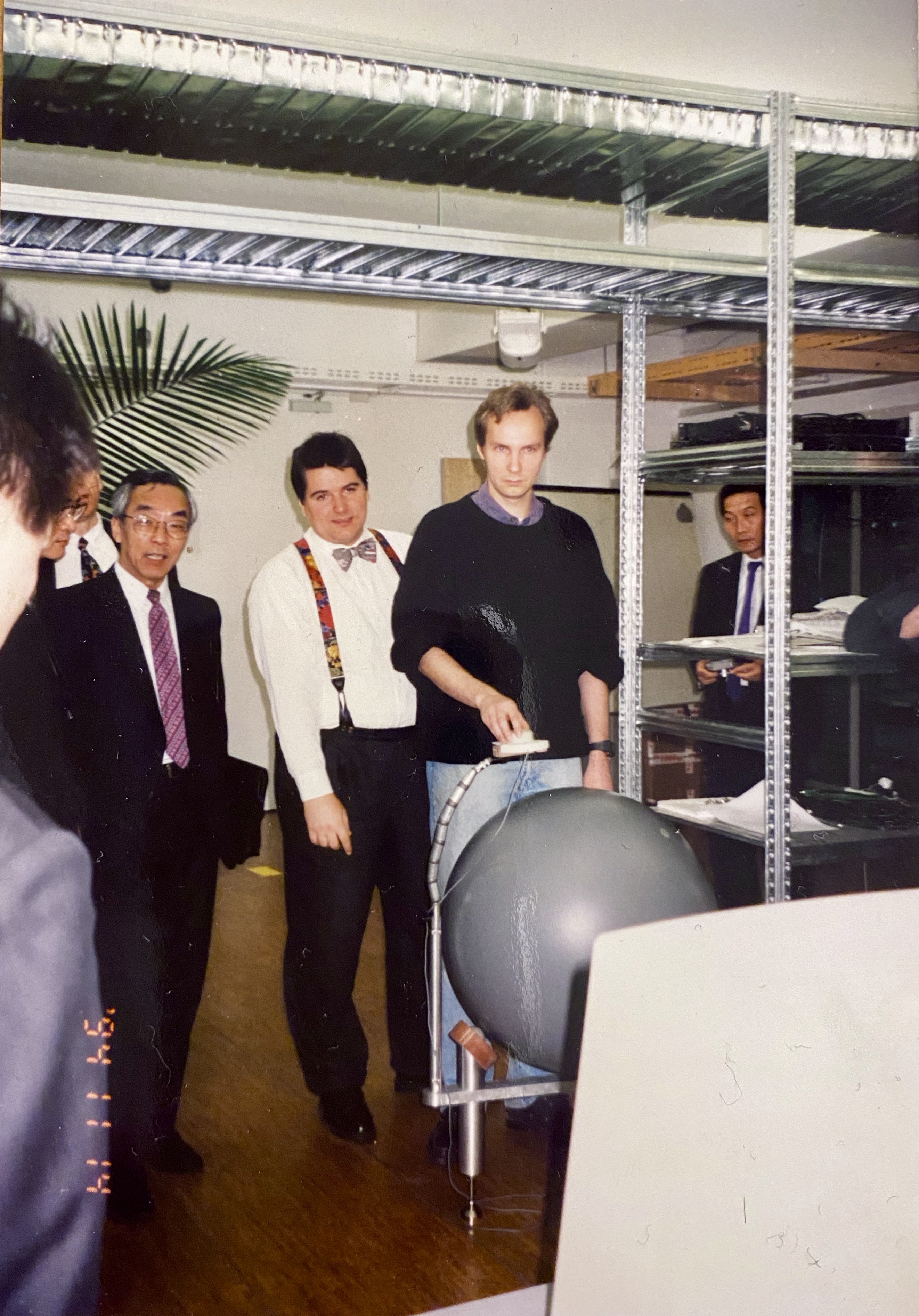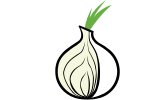An essay on the alternatives to GAFAMS solutions.
Intro
We are in 2025, the copper and optical mycelium covering planet earth, also known as “the internet”, is ravaged by viruses, sucking in its life force, and trying to strip away its fundamental DNA : “freedom”, to replace it with “profit”. Terra octets after Terra octets, the flow of information was aggregated, analyzed and sold. Pipelines of data extracted everything from our life and fed greedy algorithms. Every day, posts, pictures, voices, opinions, passion, anger, flowed as rivers of photons and electrons into farms of hundred of thousands of processors. Compiling and processing, watching and learning. Adapting their wires, resistance, currents, as billions of parameters were fine-tuned to your most intimate desires.
Every day of this epoch, human beings were unaware participants of a hidden squid game. Through tentacles of ones and zeros, the game was played against centralized beasts, embodied as silicon squids. The task of these quasi-living organisms, was to harvest the most precious substance in the human universe : their attention. Because at that time, attention was all you needed, … to make money. This grandiose symphony was modelling us, humanity, to then regurgitate what we wanted the most : the shocking, the buzzing, the cutest, the fearful, the pleasuring, the irresistible.

In this data ocean, many sunk, carried away by these strong currents, swallowed by these digital Shai-Huluds. In polarizing avalanches, feedbacks looped likes snowballs, surging from catastrophic events. I was one among many, compulsively scrolling to this endless data stream, inside the belly of the beasts, now captured by a rhythmically, repetitive, unconscious movement.

Fortunetaley, in shock, I abruptly woke up from the nightmare. Awakening from the mass hypnosis after watching The Billion Dollar Code, I decided to walk away, by a syncopated, awkward step. Since these monsters could only understand the predictable, entropy was my biggest ally. For that, I had to explore uncharted, new territories. Get out of my digital comfort zones, my Gmail and Outlook, my Google clouds, my Chromes, my Offices. From the predictable ease of these pipelines, I had to show myself a new way of relating to the mycelium, by respecting its fundamental DNA.
Bear with me, courageous travellers of the digital, real seekers of freedom in the virtual. Follow me down this rabbit whole, I will show you one of the ways you can do this too.
| Google misappropriated the code and technology developed by the Terra Vision team, directly leading to the development of Google Earth. Their story is covered in the The Billion Dollar Code mini-serie. Axel Schmidt (middle right) and Pavel Meyer (middle left) showcase the Terravision project at their offices in 1994. Users navigated the planet using a large globe. Image credit: ©Axel Schmidt. |  |
Freedom is not free of charge
Before we can begin to be fugitives, and run away from the devouring gluttonous programs, we need to equip ourselves with a few axioms and definitions, that will guide our quest and light our path when we are surrounded by darkness.
1. Information cannot be destroyed
One thing that is true of the universe, and equally of the sprawling internet, is that information never dies. This is shown at the quantum level, explaining why there is Hawking radiation from black holes, but this is also true of the internet, as every action you do, leaves a permanent trace, immediately stored in Akashic numerical records. Contrary to our grey matter, hard drives and SSDs never forget. They swallow everything that you do, watch and say. If one crashes, a raid of information has it already mirrored in another crystalline storage.
From the first axiom, one might wonder why it is that companies put so much energy, money and resources to actually storing every bit of our lives. And if it might already be obvious to you, we will still take time to address this in the second axiom, as it is critical to examine it in more detail.
2. If there is no explicit cost, the cost is implicit.
One must not confuse freedom, which involves making informed choices with potential consequences, with being ‘free of charge,’ which implies receiving without giving something in return. The universe is made in such a way that energy is conserved, that is to say, any action comes with a cost : if you want to protect yourself from a storm, you need to spend time and energy to build yourself a shelter. However, if you cannot or do not have the time to build it, you will need a community to do it for you, provided that in exchange you offer some good or services. This exchanged needs not to be equal, as in any cases, an exchange of energy occurs broadly, such that the total sum of energies is constant. This same rule applies to particles, living organism, the internet, and any services you use in there.
Now, I don’t want to suggest that benevolence is absent, as demonstrated by Open-Source communities, and this example doesn’t invalidate the axiom. The cost is, as mentioned, implicit, paid through benevolence: time, energy, donations, sponsorships, and so on.
This analogy with physics invites us to consider that, in whatever way, shape, or form, whether visible or invisible, the true cost of the service is always being paid—either directly or indirectly. A stark reality of our digital lives is the hefty toll of extracting rare metals necessary for manufacturing electronic devices. For instance, the extraction of these very rare metals needed to build our devices comes at a bloody price. We all want the price to be as low as possible, and as a result, enslaved children in Congo and elsewhere bear the grim cost for our discounts.
Thus, enjoying free or affordable services without bearing the direct costs fosters a dangerously misleading notion of freedom. The misconception that our online actions are consequence-free, indeed propels a culture of carelessness.
Most of us know it, the reason why companies put so much effort and resources into storing every bit of our life is the profit they make out of it; otherwise they obviously wouldn’t. Data collection tracking : Name, email address, phone number, age, gender, language preferences, location, browsing history, search queries, click patterns, time spent on different pages, GPS data, IP address location, Wi-Fi and Bluetooth data, interaction with ads, videos watched, articles read, likes, comments, and shares …. And the list goes on and on.
This time, the miners extracting the data are another type of youth : machine learning algorithms. All this data leaks from you every time you move on the grid, and the movement, as free as it seems, generates profit for companies that sell it. This is the implicit cost of all these free services. I strongly dislike that sentence, but in this context, it is absolutely true :
If it is free, you are the product.
The price of freedom
Let’s engage now with the true price of freedom because, maybe counterintuitively, at least it was to me, freedom has nothing to do with doing whatever you want free of charges, and everything about taking responsibility in full awareness.
Yes, you can’t be free on the internet if you are not aware of the hidden and implicit costs, and do not know you are actually the product of the social medias and their advertisement campaigns. These big machines are harnessing our attention at a massive scale. Did you watch the movie Matrix? Well, it’s exactly that. Can you say you are free to compulsively respond to this post that enrages you? Can you say you are free to reshare this “sooo cute” cat picture? Are you free to dead scrolling, trolling, bashing, and what about watching this weird video and wondering why you are actually watching ?! Why is it that you fake a dream life to get validation through likes as a proxy, … I have more questions than answers, but among the few I want to share, is my attempt to break, free. So let’s get concrete now, and propose a few alternatives to our usual way of webbing into the mycellium that is the internet.
Surfing the internet
Now this article isn’t about the most sophisticated tools for privacy, getting completely invisible on the internet, wiping all your data, or more complex solutions. It is intended for people like me, who still appreciate a relatively simple user experience, somewhat similar to what they are used to, but with the intention to handle the cost directly. Of course, everything is about trade-offs, and everyone has their own preferences, so mine are only here to show one example, among many.
The premise of accessing the web, is having a browser. The browser constitutes a gateway allowing you to navigate through the intricacies of the web. It is key to choose one wisely, appropriately, and pounder the goods and the bad, and avoid the ugly hiding as beauty. Forget about Chrome and Edge, and welcome to new territories :
| • Brave |  |
| • Firefox |  |
| • Pale Moon | |
| • Tor |  |
Just to name a few that I personally use: Brave, focused on privacy, offers built-in ad and tracker blocking. Firefox, often considered the best Chrome alternative, is known for its balance of privacy, customization, and performance. Pale Moon is an open-source option that emphasizes efficiency and user choice. Tor is for those seeking the most secure browsing experience, prioritizing anonymity.
Each has its pros and cons, and while I can only show you the door, you’ll have to walk through it yourself. Let me talk about Brave, for example, to illustrate my earlier point. Brave has an embedded advertising program that users can enroll in, which allows them to earn Basic Attention Tokens (BAT) when they watch advertisements. What’s interesting about this token is that you can use it to tip content creators, encouraging and supporting them in their work. While the system isn’t perfect and the rewards are unfortunately quite small, it has the merit of existing. It’s a pioneering effort, as I foresee a future where data is protected through ownership, and reward systems like this become the norm for advertising on the internet.
Now you will need a search engine, and there are many options, each with unique strengths. Brave search engine doesn’t track your queries, or collect personal data, however, it’s chromium based. DuckDuckGo similarly prioritizes privacy, although it has faced some scrutiny over data partnerships in the past. Qwant, a European contender, is also said to neither store nor sell user data, with a focus on neutrality and relevance of the results. Ecosia, on the other hand, takes a philanthropic approach by using the revenue generated from its searches to fund tree-planting projects; and many many more.
However, let’s be honest, the power of these search engines varies and doesn’t always match Google’s capabilities, so occasionally I find myself using Google as a backup. In a nutshell, this is the cost of being free—having alternatives and making informed choices about the prices we are paying.
Conclusion
I hope this article has at least shaken some of your foundations, if not planted a seed of curiosity about our online habits, and who knows, inspired you to explore the digital mycelium we call the internet, a bit more consciously. This piece aims to spark a movement, not provide a definitive solution. If you’re interested in learning more about alternatives for email, cloud storage, banking, VPNs, and more, I could write a follow-up article. Additionally, if you have any alternatives to share, I would be very grateful to hear about them!
So in any case, feel free to like or dislike, share and comments !
